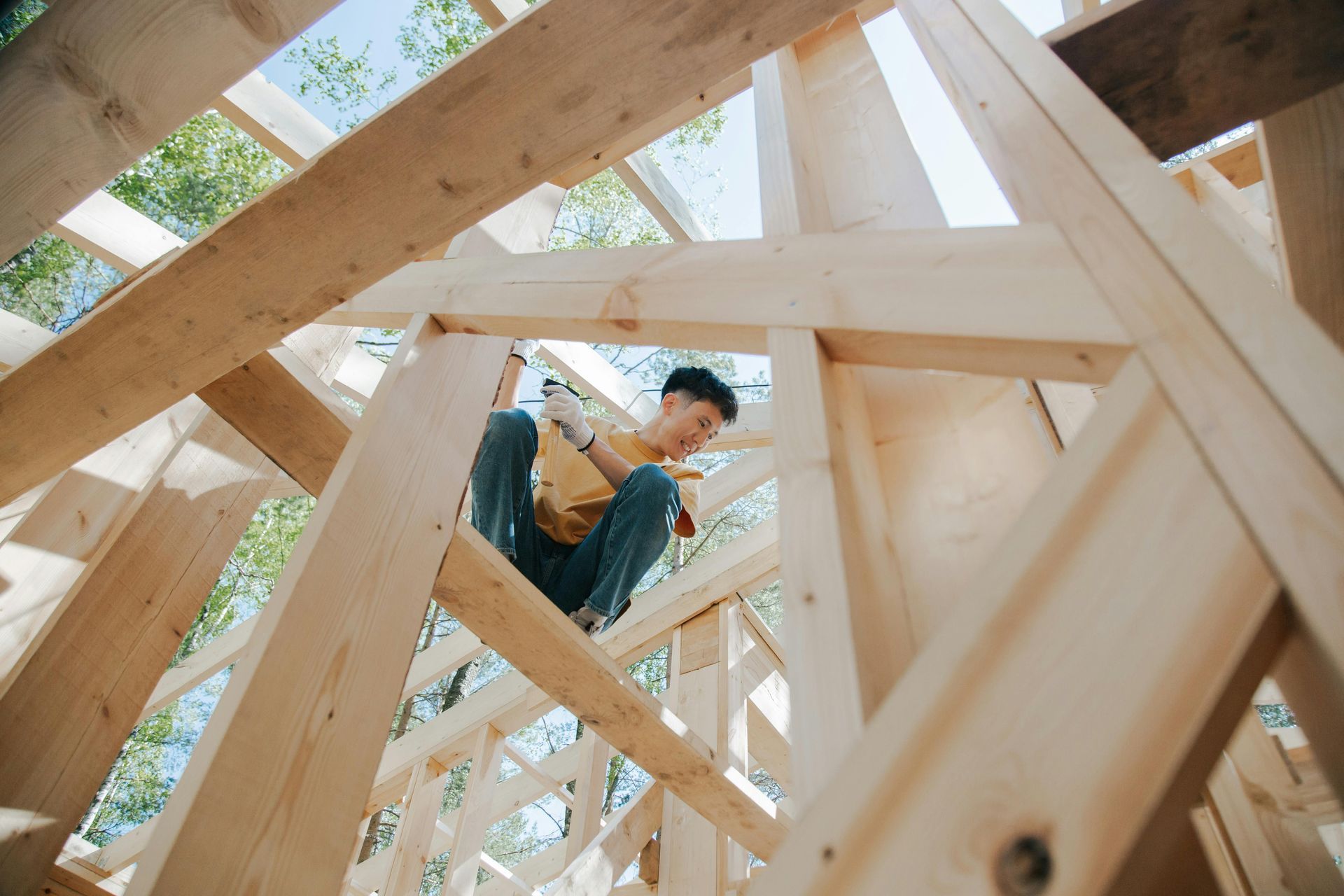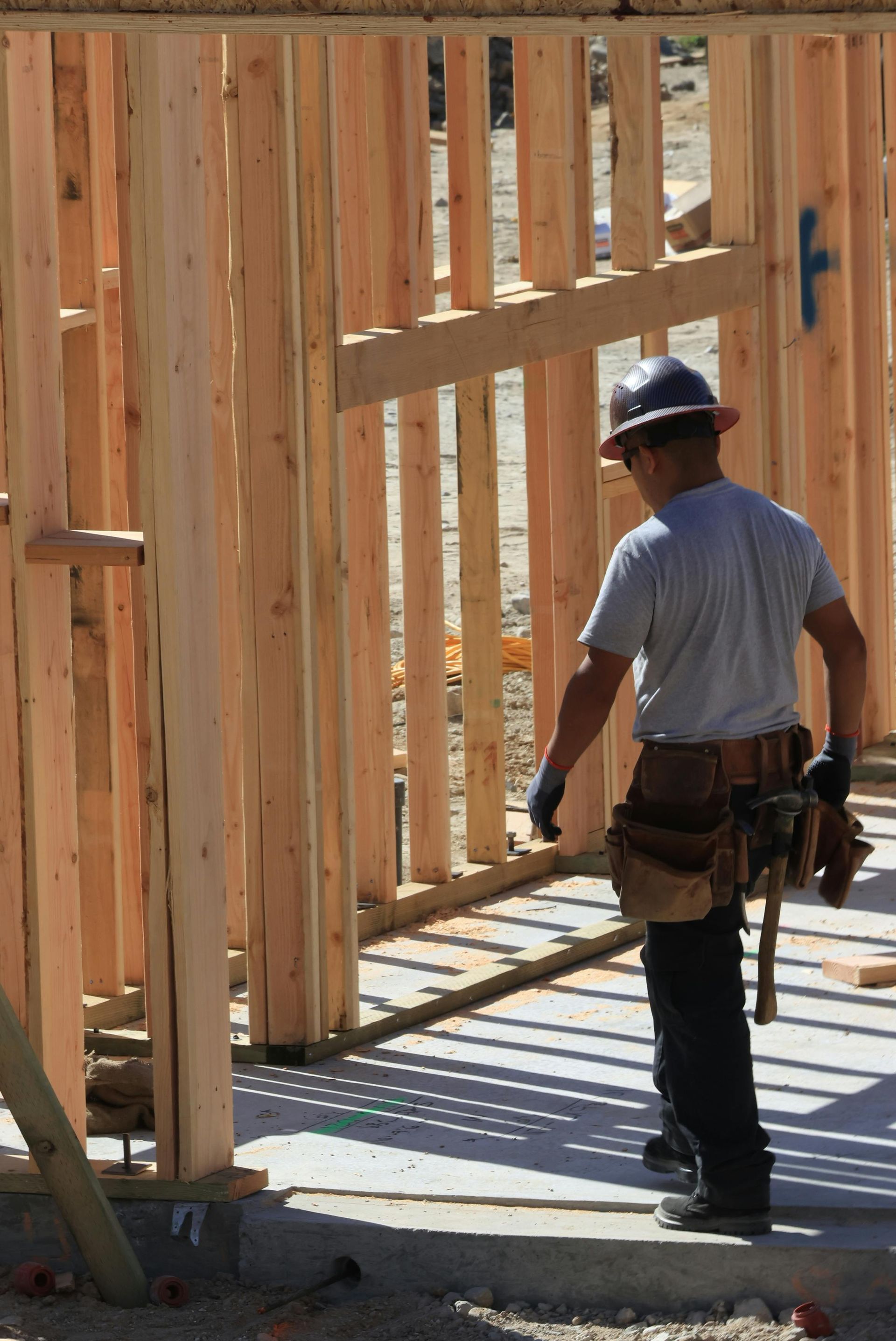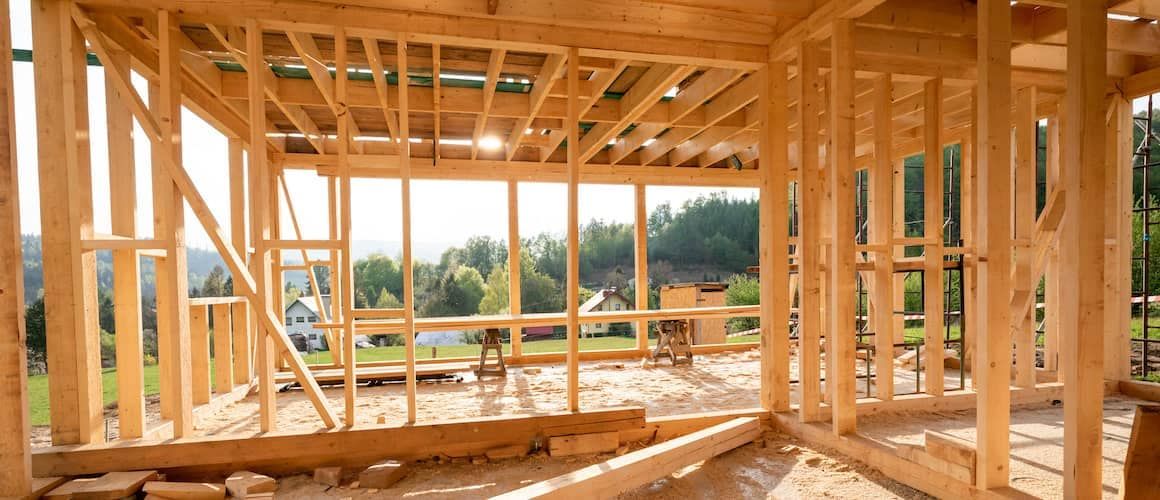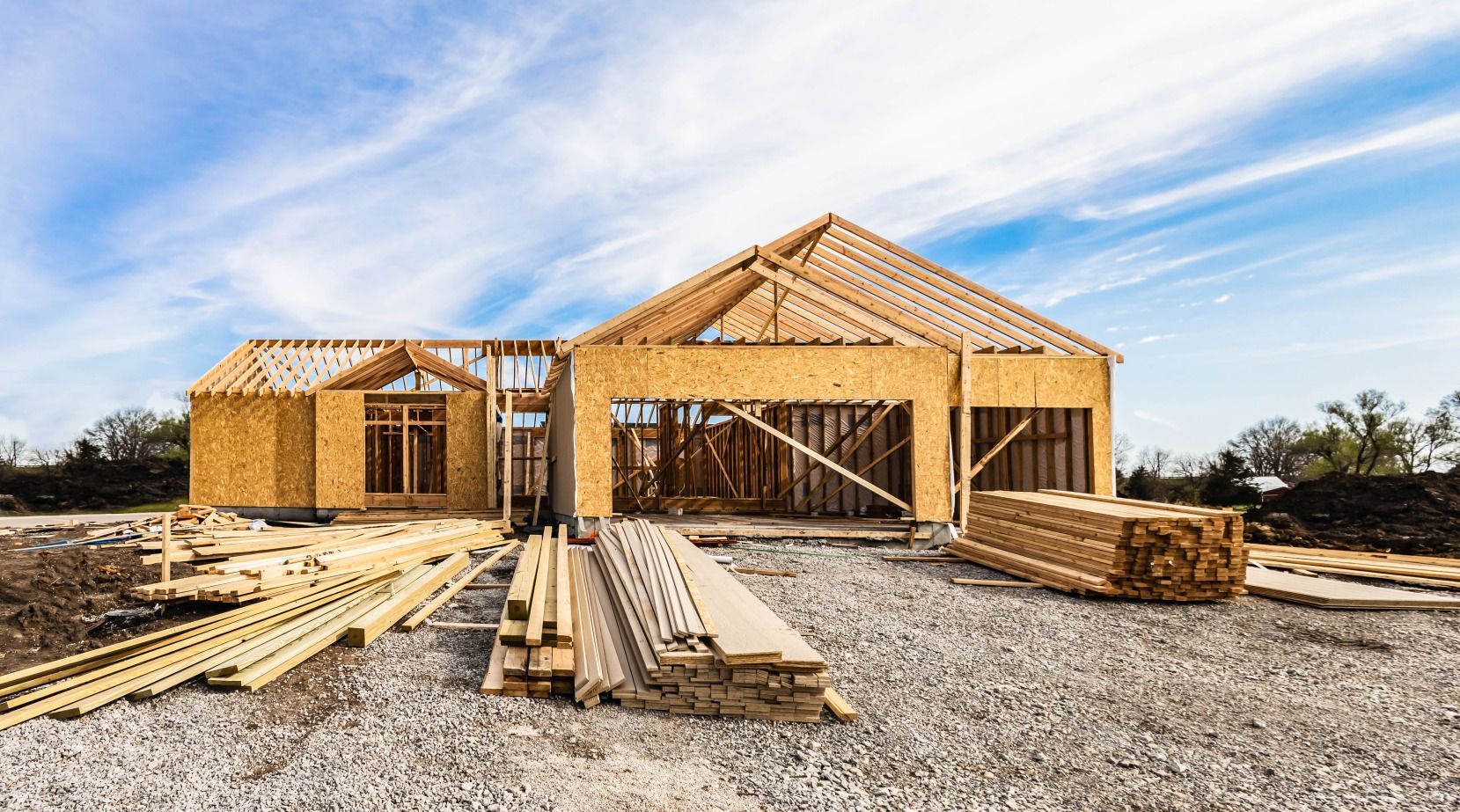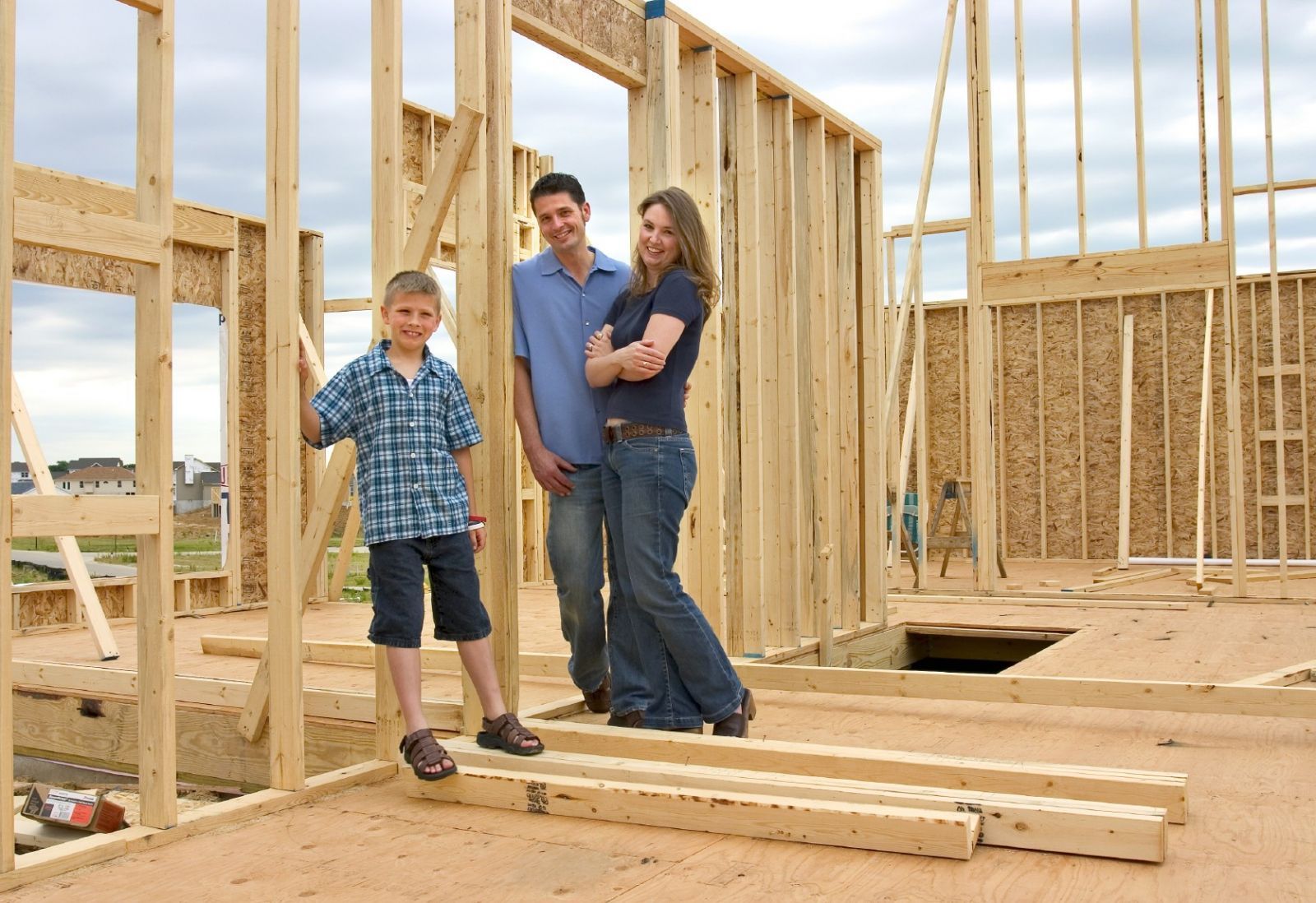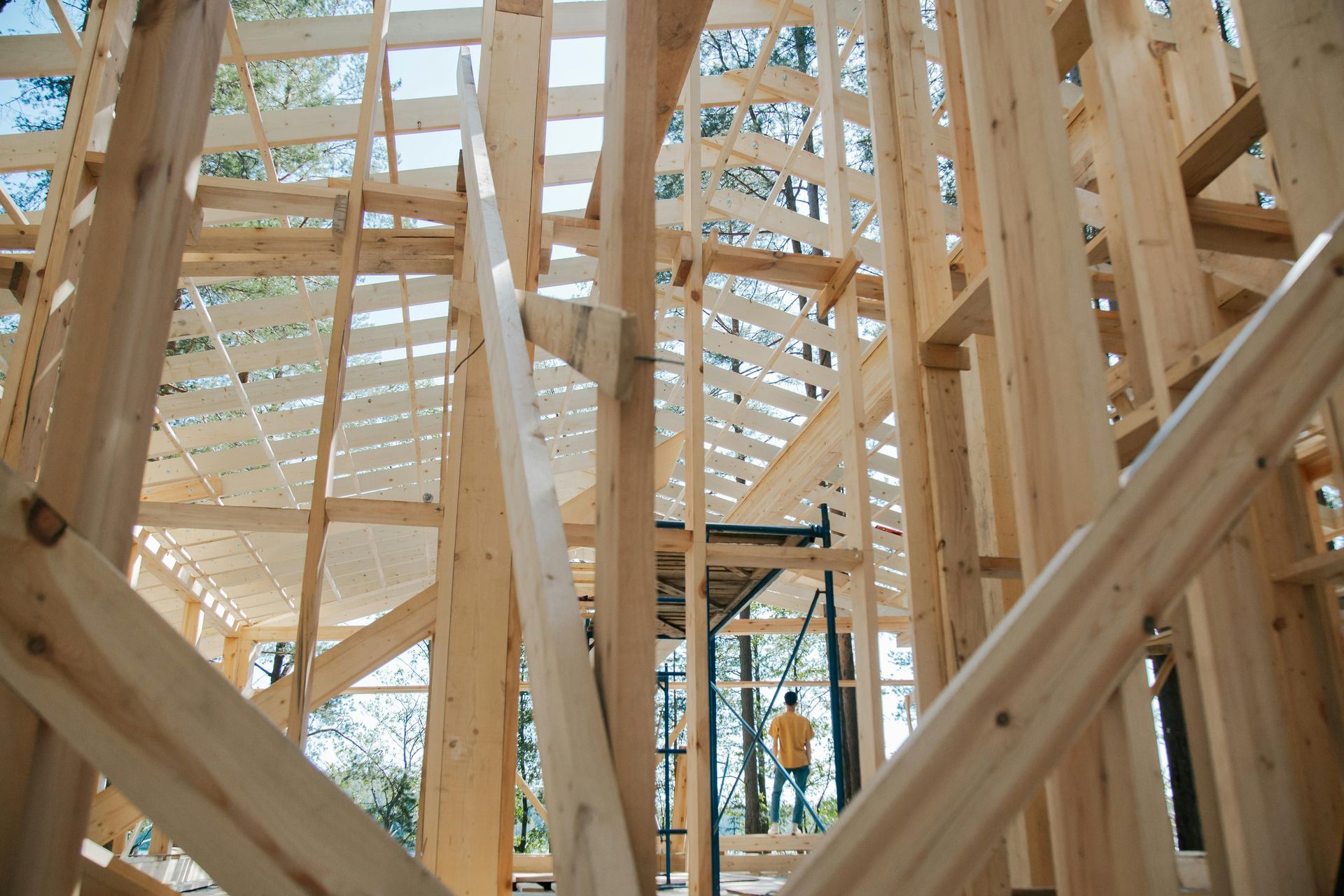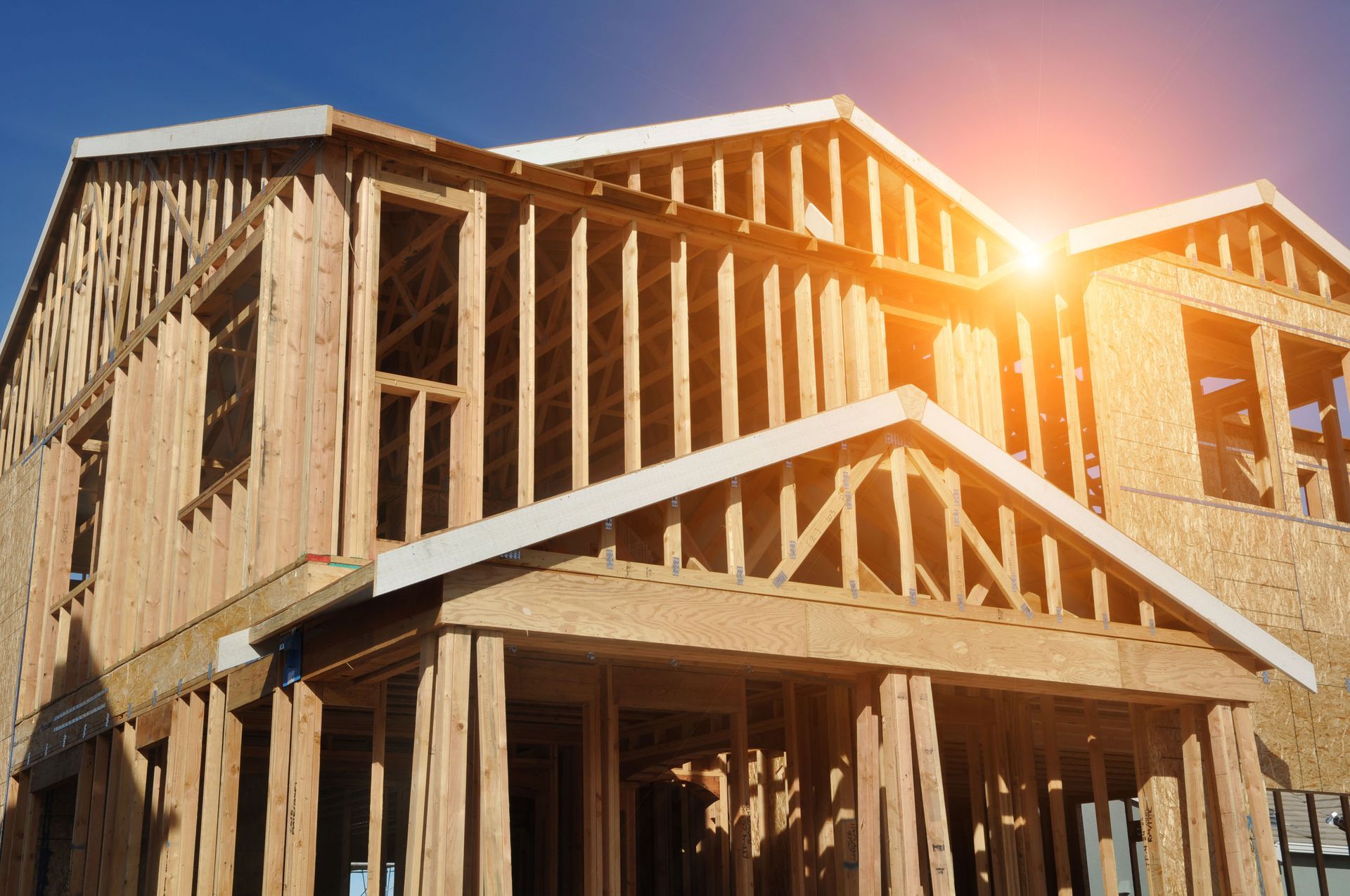Single Close Construction Loans in Virginia: Get in Touch with Bob Fabian today!
Virginia, with its rich history, diverse landscapes from the Blue Ridge Mountains to the Chesapeake Bay, and thriving communities, is an ideal state for building a new home. Whether you’re drawn to the urban energy of Northern Virginia, the coastal charm of Virginia Beach, or the rural tranquility of the Shenandoah Valley, a single close construction loan offers a streamlined and cost-effective way to finance home construction and secure a permanent mortgage.
Unlike traditional construction loans that require separate loans and multiple closings, a single close construction loan combines both into one loan, simplifying the financing process and reducing costs. In this article, Bob Fabian explores the benefits of single close construction loans in Virginia, helping borrowers navigate the loan process to create their dream home.
What Is a Single Close Construction Loan?
A single close construction loan, also known as a one-time close loan or one-time construction loan, is a home loan that funds both the construction phase and the permanent mortgage in a single loan. This eliminates the need for separate loans, reducing paperwork, closing costs, and the complexity of requalifying for a permanent loan after construction. For Virginia borrowers, this loan type offers a seamless way to finance construction projects, whether building a modern house in Arlington or a family home in Roanoke.
Why Choose a Single Close Construction Loan in Virginia?
Virginia’s diverse regions, from bustling urban centers to serene rural areas, make it a prime location for home construction. Single close construction loans provide several advantages for borrowers across the state:
- Single Set of Closing Costs: Pay closing costs only once, unlike traditional construction loans.
- Simplified Financing Process: One loan reduces paperwork and streamlines the application process.
- Interest-Only Payments: During the construction phase, borrowers make interest-only payments, keeping monthly payments manageable.
- Seamless Transition: The loan converts to a permanent mortgage upon completion, without additional qualification.
These benefits make single close construction loans a popular choice for Virginians looking to build their dream home.
Understanding the Construction Phase
The construction phase is the period when your new home is built, typically lasting 6 to 18 months, depending on the complexity of the construction project. During this phase, funds from the single close construction loan are disbursed to your reputable builder to cover labor, materials, and other construction costs. In Virginia, where local regulations and environmental factors, such as coastal flood zones or mountainous terrain, may influence the construction process, working with experienced builders ensures compliance and keeps projects on track.
Interest-Only Payments During Construction
One of the standout features of a single close construction loan is the interest-only payment structure during the construction phase. Borrowers pay interest only on the funds disbursed, which keeps monthly payments lower while the house is being built. The interest rate during this phase may be fixed or adjustable, depending on the loan terms.
Minimum Credit Score Requirements
Lenders typically require a minimum credit score to qualify for a single close construction loan. For conventional loans, a score of 680 or higher is often needed, though government-backed options like VA loans or Federal Housing Administration (FHA) loans may accommodate lower credit scores, sometimes as low as 620. A strong credit profile is crucial for securing competitive interest rates in Virginia’s competitive real estate market, whether in urban Fairfax or rural Bedford County.
Down Payment Expectations
The down payment for a single close construction loan varies by loan type. Conventional loans typically require 5–20% of the entire project cost, while FHA loans may need as little as 3.5%. VA loans, ideal for eligible veterans and service members across Virginia, often require no down payment, making them an attractive option for military families. If you own land, you can use its equity as part of the down payment, reducing upfront costs in high-value areas like Loudoun County.
Government-Backed Loan Programs
Virginia borrowers can benefit from government-backed loan programs, which offer flexible terms for home construction:
- FHA Loans: Federal Housing Administration single close loans require lower down payments and are more lenient with lower credit scores, ideal for first-time homebuyers or those with moderate credit.
- VA Loans: Veterans Affairs single close loans offer no down payment and lower interest rates, perfect for Virginia’s large military community, especially near bases like Norfolk or Quantico.
These programs make construction financing more accessible for borrowers building in diverse Virginia communities.
The Role of a Reputable Builder
Choosing a reputable builder is essential for a successful construction project. In Virginia, builders familiar with local building permits and regulations—whether in coastal Virginia Beach or mountainous Harrisonburg—ensure your home meets quality and safety standards. Your lender collaborates with the builder to disburse funds according to the construction schedule, with periodic inspections to verify progress and maintain reduced risk throughout the process.
Closing Costs and the Closing Process
Closing costs for a single close construction loan include lender fees, title insurance, appraisals, and administrative costs. Since you pay these costs only once, the single close construction loan is more cost-effective than traditional construction loans. The closing process involves signing the loan agreement, reviewing the construction contract, and finalizing the budget for the entire project, including land, labor, and materials. In Virginia, where construction projects may face unique challenges like coastal zoning or rural infrastructure, a streamlined closing process ensures you can begin construction promptly.
Income Verification and Documentation
To qualify for a single close construction loan, lenders require thorough income verification to assess your financial situation. Common documents include:
- Recent bank statements
- Tax returns for the past two years
- Proof of income, such as pay stubs or business records
For Virginia borrowers with income from self-employment or small businesses, additional documentation may be needed to verify income stability. Bob Fabian's team simplifies the application process, ensuring all minimum requirements are met efficiently.
Interest Rates: Fixed vs. Adjustable
Interest rates for single close construction loans can be fixed or adjustable. Fixed rates provide stability for the permanent portion of the loan, while an adjustable interest rate may offer lower initial payments but could change over time. In Virginia, where property values vary widely from urban to rural areas, securing competitive interest rates is critical for long-term affordability. Your lender can help you choose the right loan type based on your financial goals.
Loan Terms and Flexibility
Single close construction loans offer flexible loan terms, typically ranging from 15 to 30 years for the permanent mortgage phase. This flexibility allows Virginia borrowers to tailor monthly payments to their budget, whether building a modest home in Danville or a luxury house in Alexandria. The loan program also covers land purchase, construction costs, and the permanent loan, providing a comprehensive financing solution.
The Construction Financing Process
The construction financing process for a single close construction loan involves several steps:
- Pre-Approval: Assess your credit, income, and eligibility with your lender.
- Construction Contract: Submit a detailed contract from your builder, outlining costs and timelines.
- Appraisal: The lender evaluates the future value of the completed home.
- Loan Approval: Once approved, you begin construction, with funds disbursed as needed.
- Periodic Inspections: Lenders conduct inspections to ensure progress aligns with the budget.
- Loan Conversion: Upon completion, the loan converts to a permanent mortgage.
This structured process ensures a smooth transition from construction to homeownership across Virginia.
Building Permits and Local Regulations
Securing building permits is a critical step in Virginia’s construction process, as regulations vary by locality. Coastal areas like Hampton Roads may require flood zone compliance, while rural counties like Augusta have specific setback rules. Your builder and lender work together to ensure all permits are obtained, minimizing delays and keeping your construction project on schedule.
Reduced Risk with a Single Loan
A single close construction loan reduces risk by eliminating the need to requalify for a permanent mortgage after construction. This streamlined approach minimizes complications and ensures your financing remains secure throughout the entire process, giving you peace of mind as you build in Virginia’s diverse regions.
The Entire Project Cost Breakdown
The entire project cost for your Virginia home includes:
- Land Purchase: If you don’t own land, this is a significant expense, especially in high-demand areas like Northern Virginia.
- Construction Costs: Labor, materials, and permits required to build your home.
- Contingency Reserve: Typically 10–15% of the budget to cover unexpected costs, such as weather-related delays.
- Closing Costs: Fees associated with finalizing the loan.
A single close construction loan covers all these expenses, providing a single source of financing for your project.
Managing Monthly Payments
During the construction phase, interest-only payments keep monthly payments low. Once the home is complete, the loan converts to a permanent mortgage, with monthly payments covering principal and interest. In Virginia, where housing costs vary by region, this structure allows borrowers to plan their finances effectively, whether in affordable Lynchburg or pricier Fairfax.
Refinancing Options
If interest rates drop or your financial situation improves, you may consider refinancing the permanent portion of your single close construction loan. Refinancing can secure lower interest rates or adjust loan terms, saving money over time. In Virginia’s dynamic real estate market, consulting with your lender ensures you make informed decisions about refinancing.
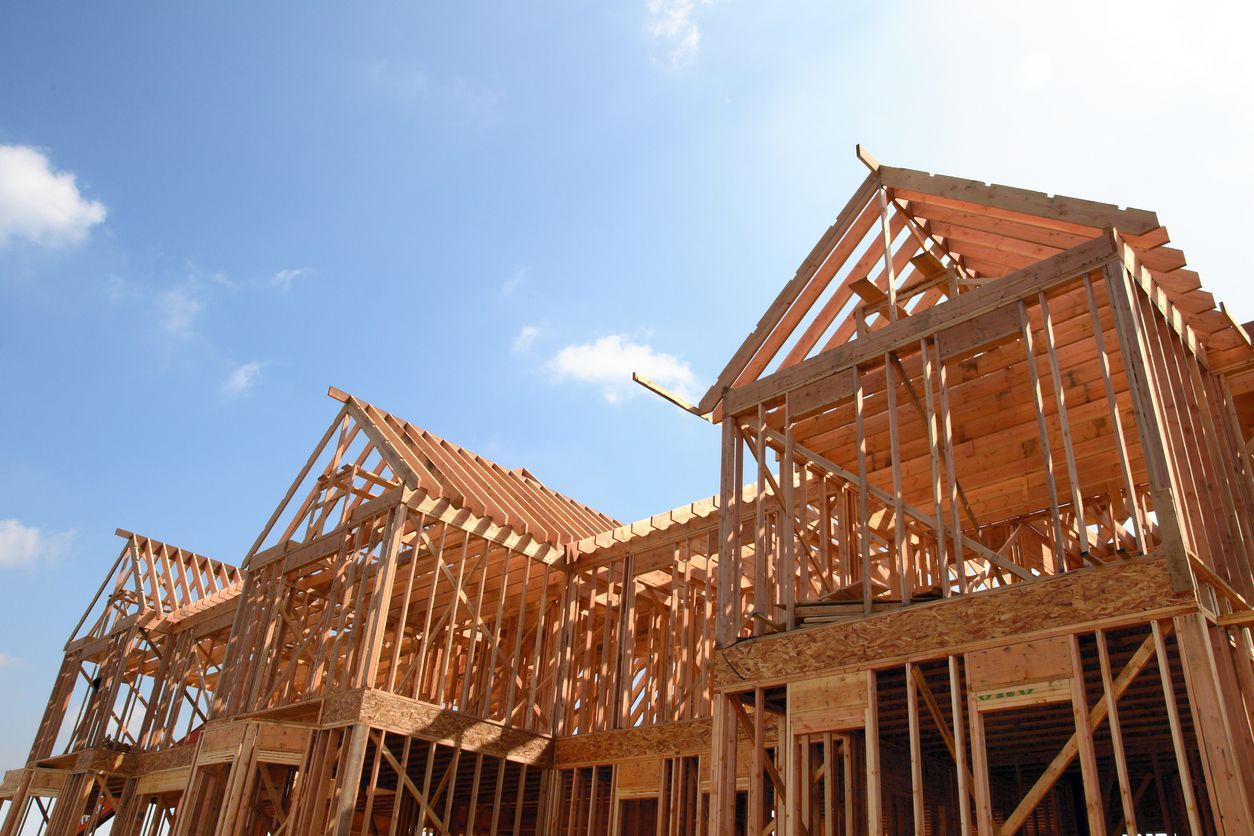
Choosing the Right Loan Type
Single close construction loans come in various forms, including conventional, FHA, and VA loans. Conventional loans offer flexibility but require higher credit scores and down payments. FHA loans are ideal for borrowers with lower credit scores, while VA loans cater to veterans with no down payment. Your lender helps you select the loan type that aligns with your financial situation and construction goals.
Periodic Inspections During Construction
To ensure quality and progress, lenders conduct periodic inspections during the construction phase. These inspections verify that work aligns with the construction contract and budget, protecting both the borrower and lender. In Virginia, where construction projects may face challenges like seasonal weather or local regulations, inspections help maintain reduced risk.
The Permanent Mortgage Transition
Once construction is complete, the single close construction loan automatically converts to a permanent mortgage, known as the permanent portion. This seamless transition eliminates the need for a second loan application, saving time and fees. In Virginia, where borrowers value efficiency, this feature makes the loan program highly appealing.
Why Build in Virginia?
Virginia’s appeal lies in its diverse landscapes, strong economy, and rich history. From the tech hub of Northern Virginia to the scenic vineyards of Charlottesville, the state offers endless opportunities for home construction. Despite challenges like navigating local regulations or securing building permits, Virginia’s strong real estate market and vibrant communities make it an ideal place to build a new home with a single close construction loan.
Virginia’s Real Estate Market Trends
Virginia’s real estate market is dynamic, with urban areas like Arlington and Richmond experiencing high demand and rural areas like Shenandoah County offering affordability. The state’s proximity to Washington, D.C., and military bases drives growth, making construction financing a strategic choice for homebuyers. Single close construction loans provide the funds needed to build a home that complements Virginia’s unique regions.
Financing Your Dream Home
A single close construction loan makes it easier to finance your dream home in Virginia. By covering land purchase, construction costs, and the permanent mortgage, this loan type simplifies the entire process and reduces financial stress. Your lender guides you through the financing process, ensuring you understand payment options, and loan terms.
Planning for the Future
Building a new home in Virginia is an investment in your future. A single close construction loan allows you to customize your house to meet long-term needs, whether for a growing family, or retirement, or a second home. With careful planning and the right lender, you can create a home that enhances your property value and quality of life.
Working with a Local Lender
Partnering with a local lender ensures personalized service and expertise in Virginia’s market. Lenders typically offer guidance on loan programs, competitive interest rates, and local regulations, helping you navigate the loan process with confidence. Their knowledge of Virginia’s diverse communities ensures your financing aligns with your construction project vision.
Contact Bob Fabian for Your Single Close Construction Loan
Ready to start building your new home in Virginia? Bob Fabian is here to guide you through the single close construction loan process. With expertise in construction financing and a commitment to personalized service, Bob Fabian helps Virginia borrowers achieve their homeownership goals. Contact us today to explore loan programs, discuss your construction project, and take the first step toward your dream home in the Old Dominion.
